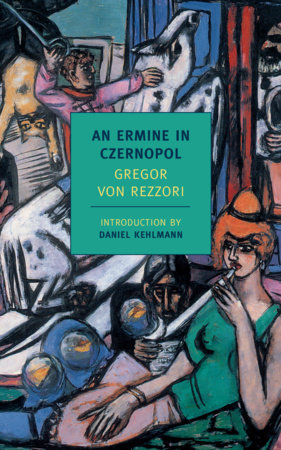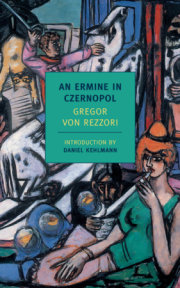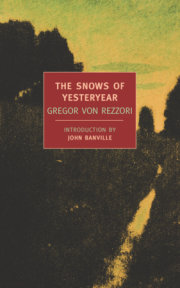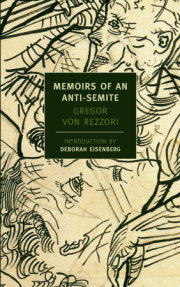".. Gregor von Rezzori's mid-20th-century masterpiece….has been likened by the novelist John Banville to both The Tin Drum and One Hundred Years of Solitude, although a more instructive comparison might be to the European novels of Vladimir Nabokov…in a luminous new translation by Philip Boehm…" - John Wray, The New York Times Book Review
"The last great remembrancer of a region that has vanished from the map and mind of Europe." --Michael Ignatieff, The New York Review of Books
"This wonderful book--literally, a book full of wonders--which lived for too long in shadow, has been brought fully to light by Philip Boehm's lustrous new translation. An Ermine of Czernopol may at last take its place on the shelf alongside The Tin Drum and One Hundred Years of Solitude." -- John Banville
“The novelist and memoirist Gregor von Rezzori was one of the last and most redoubtable links with a Mid-to-Eastern European world, rich in history and character, complex in nationality and ethnic allegiance, that has gone forever, devoured or dispersed through successive waves of rapaciously competitive nationalism…von Rezzori’s flair for language which he cultivated almost like a collector, with the occasional, carefully planted esoteric word that matched John Updike’s love for the look and the sound of rare words.” –The Independent (London)
"Any reader of European literature who has not read Gregor Von Rezzori has commited the unthinkable. This is the rare writer who writes with unmatched beauty and skill while celebrating the joys of life." --Gary Shteyngart
“Gregor von Rezzori’s novels…have won him many admirers and a reputation as a writer of brilliance and of highest ambition. He has been likened by critics both there and in Europe to Mann, Grass, and Musil.” –BOMB magazine
“A philosophical novel on the nature of reality…nearly always intellectual exciting. Author von Rezzori writes with aphoristic flair and a hint of childlike wonder. He has produced a flashing novel of ideas, a species that ranks in rarity with the Tasmanian wolf and the Komodo dragon.” –TIME magazine
“To his admirers the silver-haired citizen of the world is a superb hewer of mocking phrases, a master of erudite allegory that springs from this quasi-aristo youth in the defunct Austro-Hungarian empire.” –The Toronto Star
"This beautiful, impressive early novel by von Rezzori (The Snows of Yesteryear), generously translated by Boehm, takes place in the fictional town of Czernopol...von Rezzori's greatest achievements are his meditations on the nature of childhood, especially 'that inviolable majesty of the child' and its gradual erosion as the once fascinating, mysterious world begins to reveal itself as a place of 'crude banality,' which ceases to inspire any longing. In its near-mythical treatment of childhood, the book recalls Nabokov's Speak Memory, or Rebecca West's The Fountain Overflows." -- Publishers Weekly
Lost worlds and cities emerge from under von Rezzori’s pen, simultaneously beautifully remembered and richly imagined. Only the truly great writers can do that.”
—Aleksandar Hemon






